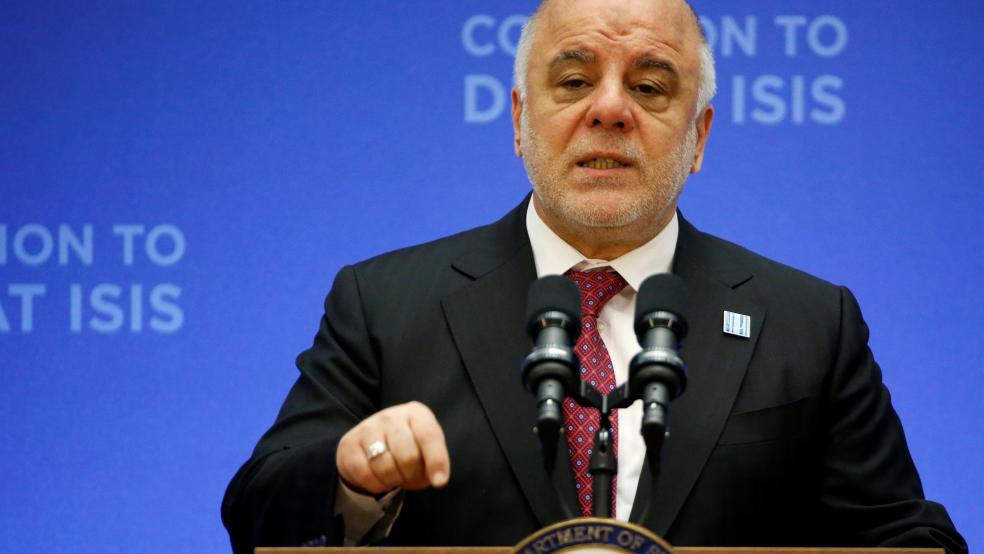North Korea launched what appeared to be an intermediate-range missile on Wednesday to a high altitude in the direction of Japan before it plunged into the sea, military officials said, an advance after several test failures, including one two hours earlier.
Speaking with reporters at Fort Knox, Kentucky, Carter acknowledged that one of the two missiles fired "flew for a long time.""I don't know whether it was successful. I don't know what the test objectives were as seen by the North Koreans," he said."But for whatever reason, and with whatever level of success, this shows the need for us to continue to do what we're doing, which is build these missile defenses of various ranges to protect both our South Korean allies, U.S. forces on the Korean Peninsula, Japan, and U.S. territory."The United States and South Korea began formal discussions on deploying a new missile defense system in South Korea after North Korea conducted a fourth nuclear test in January, then launched a rocket into space as part of a program seen as a cover for intercontinental ballistic missile development.U.S. officials said this month that plans for deployment of the Terminal High Altitude Area Defense system were moving ahead and an announcement could be expected soon, in spite of objections by China.Wednesday's first launch was the fifth unsuccessful attempt in two months to launch a missile designed to fly more than 3,000 km (1,800 miles) and could theoretically reach any part of Japan and the U.S. territory of Guam.John Schilling, an aerospace expert who contributes to the 38 North Korea monitoring website, said it appeared North Korea had been seeking to show the full performance of the missile's propulsion system while avoiding an overflight of Japan.But he said the successful firing of the second missile appeared a matter of luck rather than real progress."If they want a weapon, they will have to stand down for a year or so to figure out what went right and what went wrong, then come back with another test program at a more realistic pace," he said."If all they want is a propaganda win, they'll probably claim this as a complete success and go home before they have any more embarrassing failures."(This version of the story corrects number of nuclear tests to four in paragraph 6) (Reporting by David Brunnstrom and Idrees Ali; Editing by David Gregorio)Pentagon chief says North Korea test shows need for better defenses

JOSHUA ROBERTS



